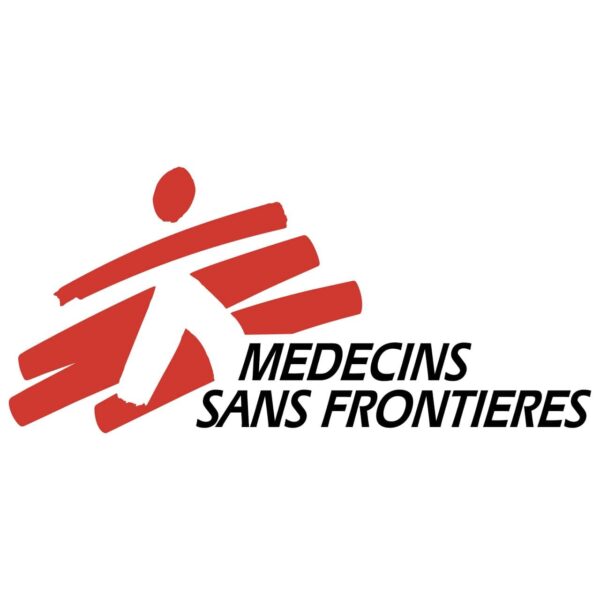Médecins Sans Frontières (MSF), a medical humanitarian organisation, said it has intensified its diphtheria response in Borno, Kano and Bauchi States following a rise in suspected cases that has stretched treatment centres and exposed longstanding gaps in vaccination coverage.
In a statement sent to PREMIUM TIMES on Friday, MSF said it has been scaling up its emergency intervention since August after Disease Surveillance and Notification Officers reported hundreds of suspected infections across the three states.
Health workers in the affected states say the situation has placed additional pressure on centres already struggling with limited supplies, staff shortages and delays in accessing lifesaving diphtheria antitoxin (DAT).
A dangerous, fast-spreading infection
Diphtheria, a contagious bacterial infection affecting the airway or skin, spreads easily through droplets or contaminated surfaces.
According to MSF Medical Coordinator, Halarou Assoumana, without treatment, the disease can kill up to half of those infected, while even with medical care, fatalities still occur in about five per cent of cases.
Mr Assoumana said this highlights the need for early diagnosis, timely antitoxin administration and stronger vaccine coverage across vulnerable communities.
MSF explained that low routine immunisation, limited DAT availability and inconsistent community-level surveillance continue to fuel recurring outbreaks, making it harder to detect early cases and interrupt transmission.
Rising admissions in Bauchi and Kano
According to MSF, the strain on health facilities has been particularly visible in Bauchi State, where 295 patients were admitted to the Diphtheria Treatment Centre at Abubakar Tafawa Balewa University Teaching Hospital between August 21 and November 9.
The organisation said the number of admissions prompted the opening of an additional treatment site at a specialist hospital to cope with the demand.
In Kano, where MSF had previously responded to an earlier outbreak between 2023 and 2024, the organisation resumed support in October following a fresh surge in suspected cases.
By the first week of November, MSF said more than 2,300 patients had been hospitalised in the state, with over 400 admissions recorded between 6 October and 2 November alone.
Due to the pressure on the Diphtheria Treatment Centre at the Infectious Disease Hospital in Kano, MSF explained that its teams are prioritising severe cases while referring patients who require specialised care to Aminu Kano Teaching Hospital.
MSF Emergency Project Medical Referent Jerome Ntarima said that many patients reach the hospital late, often with complications.
Mr Ntarima added that accounts from communities indicate additional deaths that never make it into official records, raising concerns about underreporting.
The organisation also highlighted the situation in Borno State, where its teams have continued routine sensitisation, community surveillance and referrals.
Between early July and late October, MSF reported managing 2,553 suspected cases, with 1,651 instances treated through home-based care and 902 admissions at the University of Maiduguri Teaching Hospital, in collaboration with the state Ministry of Health.
A persistent national challenge
Citing data from the Nigeria Centre for Disease Control and Prevention (NCDC), MSF noted that diphtheria has remained a recurring problem in the country.
READ ALSO: Dead fountains, broken roads spark outrage as Akwa Ibom govt spends billions of naira on SUVs for politicians
Between May 2022 and May 2025, more than 43,743 suspected cases were reported across 360 Local Government Areas, with Kano, Yobe, Katsina, Bauchi, Borno, Kaduna and Jigawa accounting for 96 per cent of all cases.
MSF urged national authorities and partners to scale up vaccination coverage, strengthen access to diphtheria antitoxin and antibiotics, and reinforce routine surveillance systems.
MSF also stressed the need for investment in Nigeria’s health workforce, noting that addressing staff shortages would be key to preventing avoidable deaths in future outbreaks.











